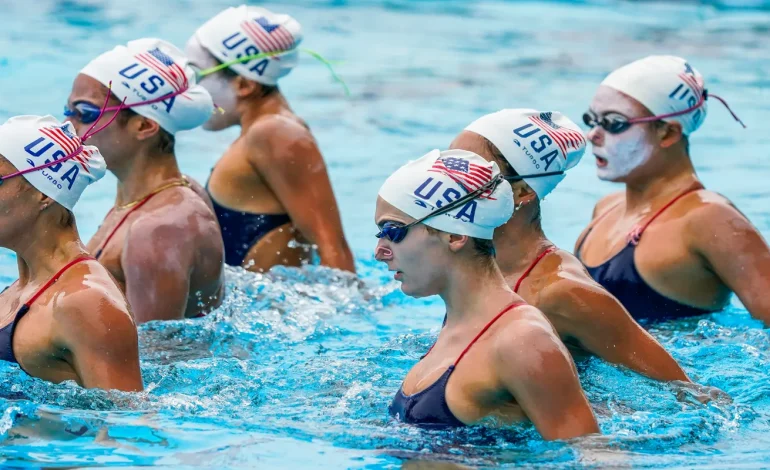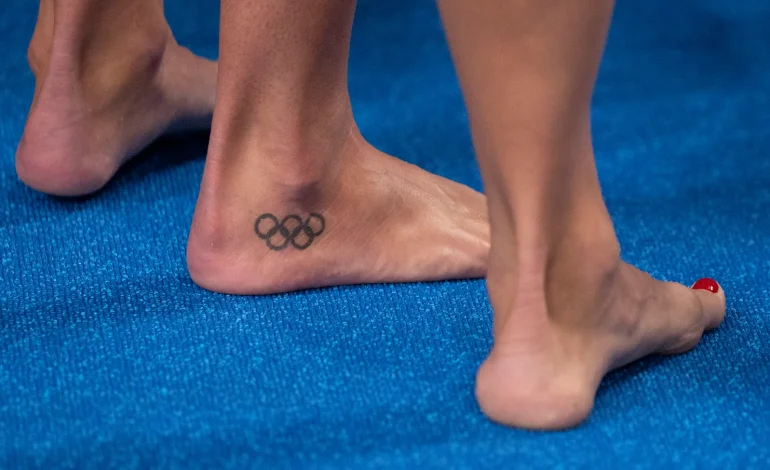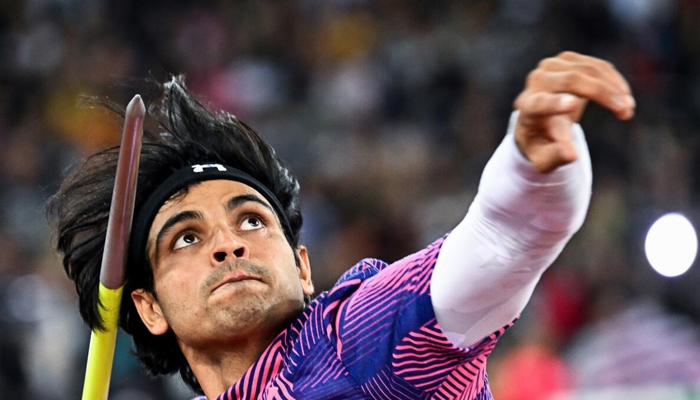
Impact of the Shortened Olympic Cycle on Athlete Training for Paris 2024
The decision to shorten the Olympic cycle between Tokyo 2020 and Paris 2024 from four years to three has significantly impacted athletes’ preparations and training strategies. Traditionally, athletes have four years to build up to the next Olympics, allowing for careful planning, periodization of training, and peak performance at the Games. However, with the revised schedule, athletes now face a compressed timeframe to recover, train, and qualify for the Paris Olympics.
Condensed Recovery Period
One of the primary challenges athletes face is the shortened recovery period after the Tokyo Olympics. Normally, athletes would have more time to rest and recuperate before gradually ramping up training for the next cycle. The shortened cycle means less downtime and quicker turnaround to resume intense training regimens, which can increase the risk of overtraining and injuries.
Adjustments in Training Plans
Athletes and their coaches have had to revise their training plans to fit the accelerated timeline. Training schedules that were originally mapped out for four years now need to be condensed into three, requiring adjustments in the frequency, intensity, and volume of training sessions. Coaches must carefully balance pushing athletes to peak performance while ensuring they avoid burnout.
Qualification Challenges
Qualification for the Olympics involves a series of competitions and performance benchmarks that athletes must meet to secure their spots. The shortened cycle has compressed the qualification period, leaving less time for athletes to compete, accumulate ranking points, and secure their places in the Paris Games. This heightened competition for qualification adds pressure to each competition athletes participate in post-Tokyo.
Mental and Emotional Preparation
Beyond physical training, the mental and emotional preparation of athletes is crucial for Olympic success. The shortened cycle means athletes have less time to mentally prepare themselves for the rigors of Olympic competition. Strategies for mental resilience, focus, and coping with stress need to be accelerated to ensure athletes are mentally prepared for the Paris Olympics.
Adaptability and Flexibility
Athletes who excel in adapting to changing circumstances will likely thrive in the shortened Olympic cycle. The ability to adjust training plans, recover effectively, manage stress, and perform under pressure becomes even more critical. Coaches and support staff play a crucial role in providing guidance and resources to help athletes navigate the challenges posed by the condensed cycle.
In conclusion, while the shortened Olympic cycle for Paris 2024 presents challenges, it also offers opportunities for athletes to showcase their adaptability, resilience, and determination. Success will hinge on how effectively athletes and their support teams adjust their strategies, manage recovery, and prepare mentally and physically for the highly anticipated Games in Paris.






